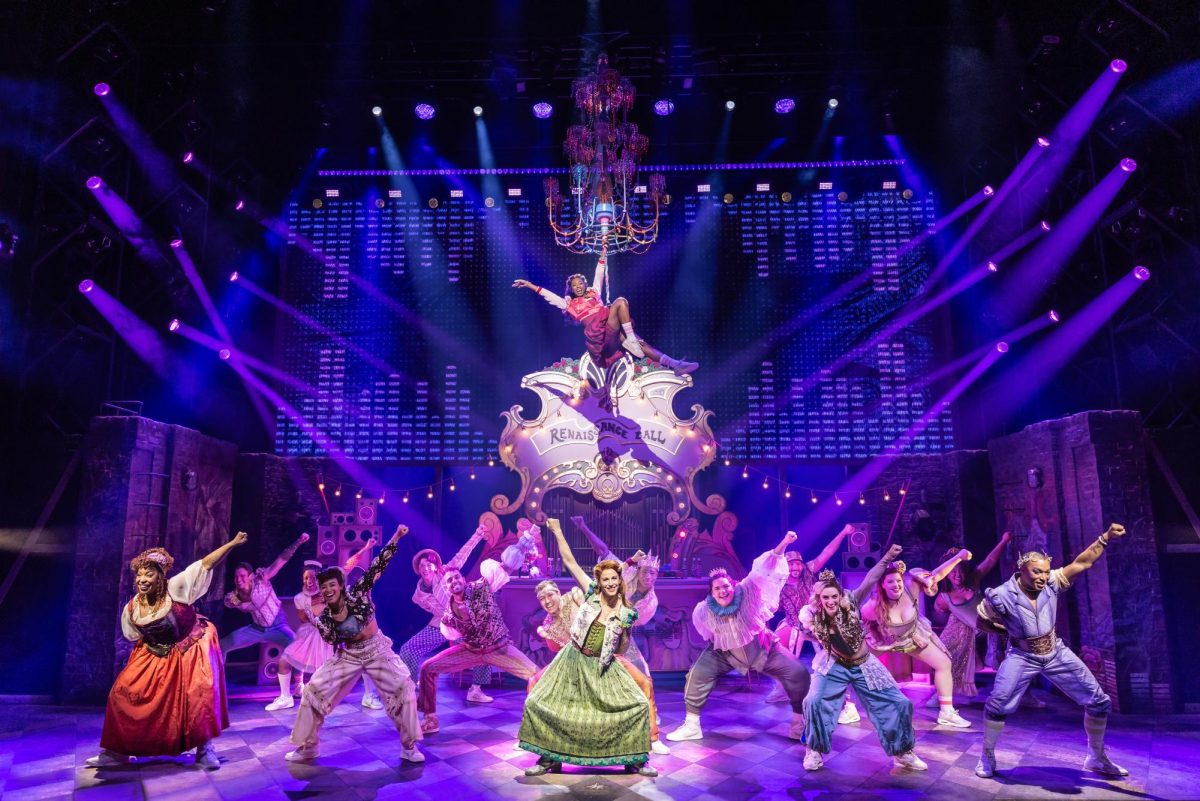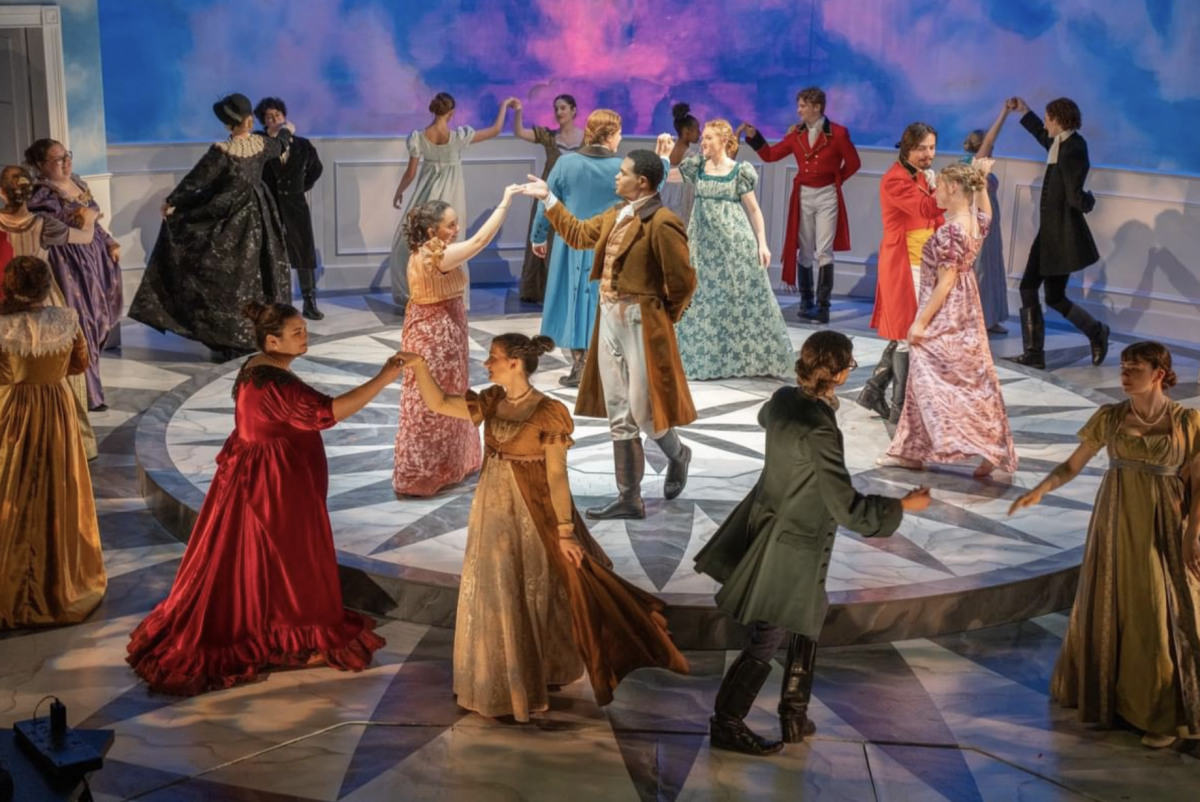In storytelling as an art, one theme stands out pervasively — one of change. Regardless of the plot and characters involved, when individuals must adjust to something new, a story can be told. Susan Engberg’s newest collection, “Above the Houses,” is a series of eight quaint short stories about different characters and their reactions to a change of some kind. But though Engberg’s vignettes are well-written, they are ultimately too laid-back to be consequential.
In “Above the Houses,” Engberg’s vignettes are not driven by overwhelming plot twists. Instead, her narration gives the reader a snippet of an average person’s life at a time when something — sometimes something very subtle — has changed. Although each of the anecdotes involve different characters — a newly married woman, a widower, a college girl, a father of two — the eloquent prose and interconnected plot conflicts keep them united.
Engberg substantiates herself as the accomplished storyteller she has become with three short story collections under her belt, including “Sarah’s Laughter And Other Stories” and “A Stay By The River.” Through past collections and in “Houses,” Engberg’s writing style is reminiscent of Lucy Maud Montgomery’s in “Anne of Green Gables” with lengthy vivid passages and acute descriptions.
In the fourth vignette of “Above the Houses,” “Mother of Chartres,” Maggie attends her grandfather’s birthday party after regrettably hearing her friend is engaged to an older man. Much of the narrative consists of Maggie and her grandfather avoiding the festivities, chatting and reminiscing in his bedroom. At one point, Maggie’s grandfather tells her about when he met his wife.
“Did I ever tell you how that story goes? Never mind, it bears repeating. She’s dancing with this other fellow. … I just cut right in between them. She is that entrancing. I don’t know my life has already changed forever, but at least I have sense enough to seize the day,” the character laments.
“Above the Houses” is written in an old-fashioned literary style that is charming at first, but reading the slow-paced stories grows tiresome. Although Engberg’s narrative is usually easy to follow, the language she uses can also be confusing.
“At five-thirty it was already dusky now, tonight a flaring of sunset in the sky at the top of the bluff, that fire, too, watching her beneath its secretive lid of blue-gray cloud,” Engberg writes in “River Hills.”
Engberg’s main characters are far from extraordinary, seemingly marginal individuals who should be shrouded by people with more dazzling stories. The author perfectly captures all her characters’ personalities when she describes Mona and her brother, Roger, as they eat at a restaurant.
“If they were in a movie, she thought, they’d be extras, faces panned by the camera on its way to the next part in the showy main plot, leaving them alone in a booth to figure out their own,” Engberg writes as she sums up her choice of characters in “River Hills.”
While it is interesting to notice the significance of ordinary people’s affairs, there is a good reason movies are made about characters with exciting lives, and Engberg’s anecdotes with no bracing culmination become tedious. In the title vignette, Engberg diverges from the standard by using second-person narration, where the main character is “you.” It turns out to be an engaging technique in moderation, and fortunately the author returns to the more typical third-person commentary narration for the remaining stories.
Throughout the anecdotes, Engberg, who lives in Milwaukee, makes her Midwestern roots apparent. She will make Midwesterners smile with her multiple references to Lake Michigan and Minneapolis, as well as the capricious weather patterns we are all too familiar with.
“It was a fine, furious blizzard, lifting and falling, with sunshine somehow riding the crystals even though the sky was completely obscured,” Engberg writes. “Tomorrow could be 60 degrees; that was early spring for you.”
Overall, Engberg’s stories are pleasant and well-written, but by no means gripping. However, she is undeniably a talented storyteller, capturing her characters’ emotions genuinely. But despite Engberg’s skills in prose, the stories and changes described in “Above the Houses” are too leisurely and anticlimactic to make for a congenial read.
?
31/2 stars out of 5







